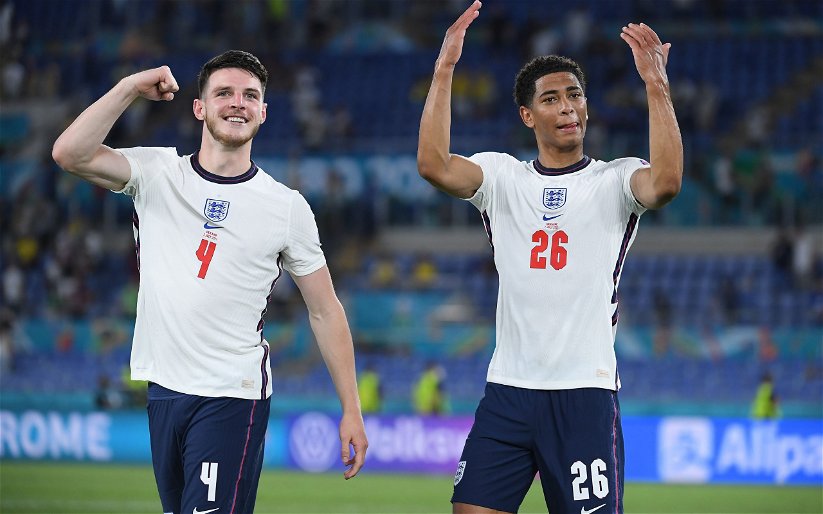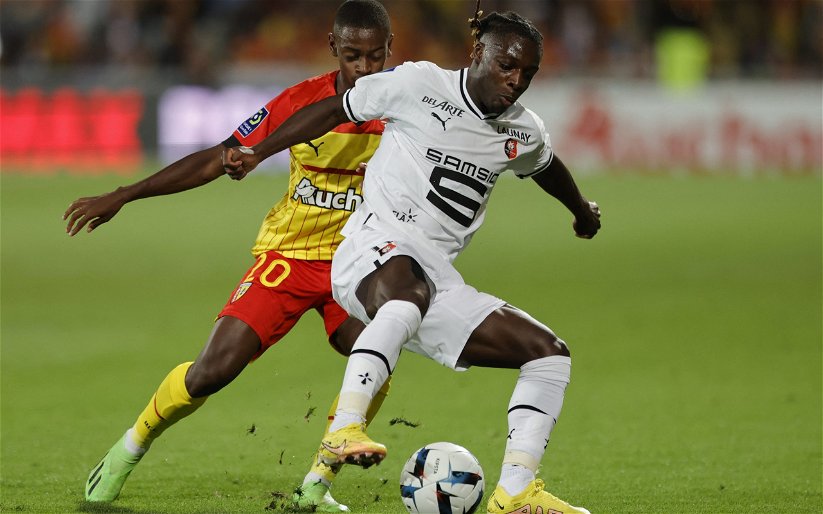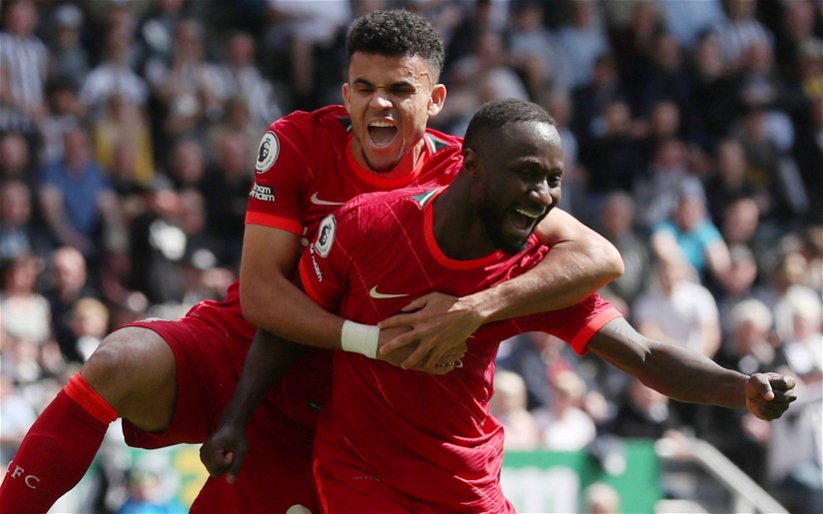 Liverpool Football Club announced its end of year accounts for the financial year 2009/10 today, and the loss of £20m was expected considering the absolute chaos which surrounded Hicks and Gillett’s last year as owners of the club. Despite the loss however, the club’s revenues increased by £7m from £177m to £184m, which doesn’t include the record shirt sponsorship deal with Standard Chartered Bank that came into effect in August 2010, a month after the end of the accounts year. In addition, media revenues rose by £5m to nearly £80million, although this figure will drop dramatically in next year’s report with the club’s lack of Champions League football. Hopefully Standard Chartered Sponsorship, as well as other commercial deals will make up for much of the loss in TV revenues. Then Commercial Director, and now Managing Director Ian Ayre, must be given tremendous credit for the increase in overall revenue, although it is fair to say that his efforts were in vein to get the club to turn a profit as the club was weighed down by debt.
Liverpool Football Club announced its end of year accounts for the financial year 2009/10 today, and the loss of £20m was expected considering the absolute chaos which surrounded Hicks and Gillett’s last year as owners of the club. Despite the loss however, the club’s revenues increased by £7m from £177m to £184m, which doesn’t include the record shirt sponsorship deal with Standard Chartered Bank that came into effect in August 2010, a month after the end of the accounts year. In addition, media revenues rose by £5m to nearly £80million, although this figure will drop dramatically in next year’s report with the club’s lack of Champions League football. Hopefully Standard Chartered Sponsorship, as well as other commercial deals will make up for much of the loss in TV revenues. Then Commercial Director, and now Managing Director Ian Ayre, must be given tremendous credit for the increase in overall revenue, although it is fair to say that his efforts were in vein to get the club to turn a profit as the club was weighed down by debt.
The two most important facts coming out of the accounts report are the fact that both debt costs and admin costs were spiralling out of control under Hicks and Gillett. The net debt increased to £123m and led to annual interest payments increasing by £5m to £17m. A club that was thriving from a commercial point of view was being sucked dry by the leveraged buyout of the club which Hicks and Gillett had made 3 years prior. On top of this, Administration expenses at Anfield increased by £20m from £162m to £182m, an exponential rise which can only be explained by the bumper new contracts most staff and players were getting last summer. This was the biggest concern in John W Henry’s mind when taking over the club, and it was mostly done by Hicks and Gillett to increase the worth of the club during a time they were trying to sell it off to the highest bidder. Put simply, the football club was suffering purely because of both the acquisition and the potential sale of the club by Hicks and Gillett.
Continue Reading on Page 2 . . .


